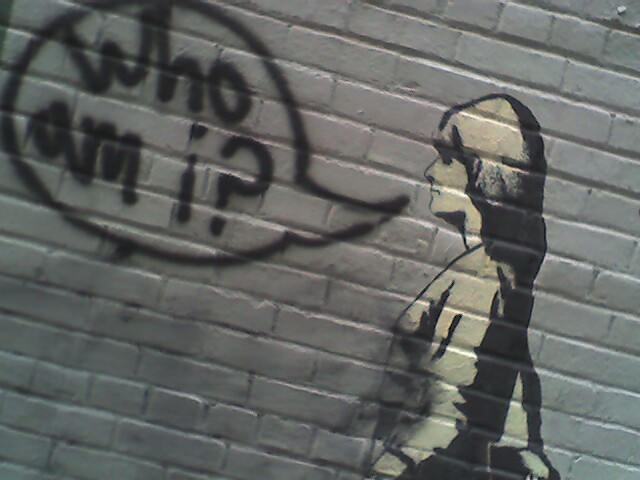 A dark morning with a bright moon outside, and I’m collected up on the couch with my little candle light and cup of mint-dandelion-green tea. Outside the moonlight is bright through the trees, lightening up the cloudful sky.
A dark morning with a bright moon outside, and I’m collected up on the couch with my little candle light and cup of mint-dandelion-green tea. Outside the moonlight is bright through the trees, lightening up the cloudful sky.
~~~~~~~~~~~~~~~~~~~
Sometimes I feel like I want this blog to be even more of a resource for those who are survivors of sexual trauma. And then I wrangle with that identity, with even the language there: for us, survivors. When I say survivor, I mean people who have experienced sexual abuse. Other people mean someone who has experienced domestic violence, or someone who has experienced cancer, someone who has had a relative die, someone who lived through a car crash. Survivor means ‘one who lives through affliction’ or ‘one who remains alive or in existence,’ ‘to persist after,’ ‘to remain functional or usable’…
So here’s where I’m torn: between wanting to be a useful resource for survivors of sexual trauma, and not wanting to further that identity category at all, because once we ‘own’ that label, we step into its language, we are shaped by it. And I want us to be bigger than survivor, bigger than thriver, bigger than these experiences. I don’t know that I want to use the phrase incest survivor to define myself all the time anymore. Sometimes, yes, and it’s not a thing I’m going to deny or remove from my bio. But does it have to be the first line, the first thing people know about me? This isn’t about shame, but about how I shape myself, what I think is possible and knowable myself. The language we use for ourselves defines us for ourselves, as well as for others.
Maybe for the first time in my life, I am feeling this way. I used to get super annoyed with people who would talk that way, assume that they were completely in denial. Didn’t they get it? If you experienced this, you are this. It’s the way things are.
I don’t want us to rid ourselves of these categories, because we categorize, we humans; it’s what our brains do. What I want are different words — instead of using the word survivor, I might use the phrase, people who experienced sexual violence. First of all, it’s more precise, and more people will understand what I mean right away. Second, this language defines us first as people, rather than as incest or child sexual abuse, which “survivor” can do.
Sometimes we need that place in us forefronted. I know I have. I have needed people to meet me and my work through that lens, and it’s a frightening thing now to want to find a different lens, different language. If I am not only, or first and foremost, incest, then what am I? I have said, in the not so distant past, maybe even here in this blog, that Incest is the main lens that I see life through, that I meet every experience through, that shapes and colors everything. Am I wanting to take those glasses off? Can I? Is that allowed, or possible? Maybe that’s some of this nausea, too, that queasiness, that question, this blurred, new vision.
How we call ourselves matters, because it determines how we define ourselves, what we understand ourselves capable of; every word, every label, every identity category has its attendant, often unspoken, rules and regulations, guidelines, boundaries.
If we use different language, playful language, even, to define ourselves, can we call out different parts of ourselves?
~~~~~~~~~~~~~~~~~~~~~~~~
An interesting write can be to take 10 minutes, open your notebook, and write down all the identities you (or your character) walk with: mother, daughter, sister, brother, queer, straight, worker, boss, left-handed, trans, man, woman, genderqueer, midwestern, new yorker, survivor… write down as many as you can think of. Notice which ones seem to be at odds with one another, and why that might be. Which ones are most important to your life right now? Which ones have been most important to your life in the past? Are these identities you have chosen, or that you were born with, that someone else determines? Choose one, or more, of these identities, if you want, and write your history with it, write its story: when you knew that you were identified as such, and what it meant. Are there different words for this identity, either communally shared or that you have made up for yourself?
As always, follow your writing wherever it seems to want to go.
~~~~~~~~~~~~~~~~~~~~~~~~
Thank you for your broad vision this morning, for the ways you can look around the edges of the boundaries that someone else set for you. Thank you for your resilience and new and playful languaging, for your gorgeous words.

2 responses to “calling ourselves”